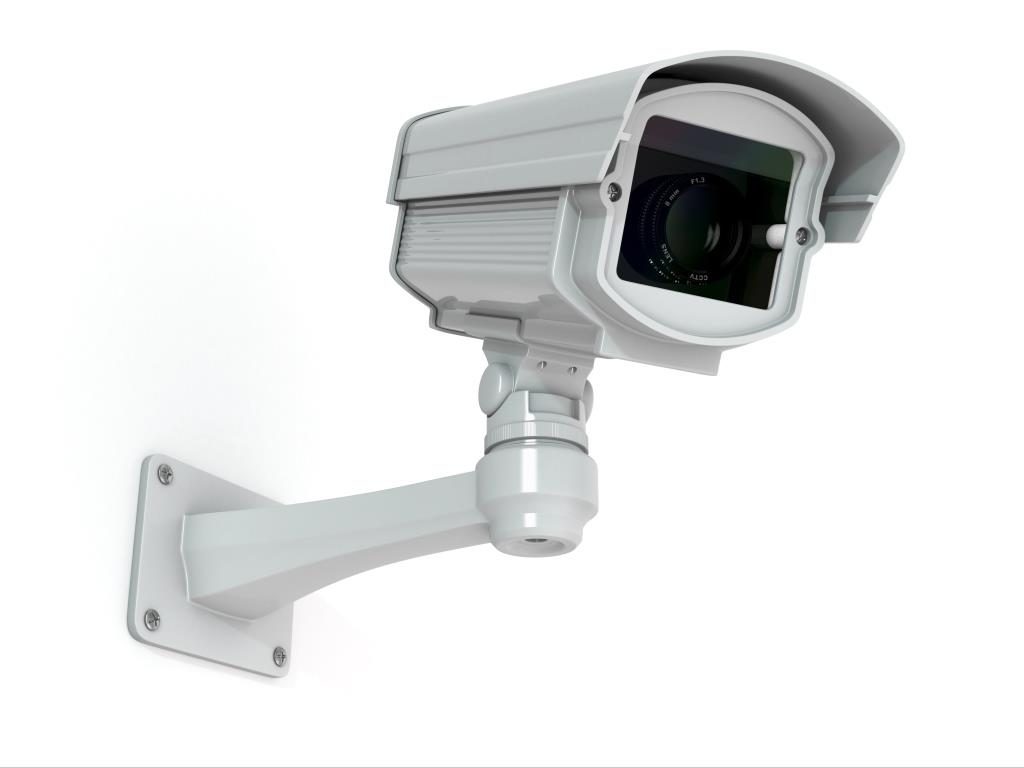Mandatory CCTV in slaughterhouses to be introduced from May 2018
The new legislation to make CCTV in abattoirs in England mandatory will come into effect from May 2018, once it passes through Parliament, it has been announced today (23rd February).
Environment Secretary Michael Gove has laid the proposals, which will also give the Food Standards Agency’s (FSA) Official Veterinarians unfettered access to the last 90 days of footage to help them monitor and enforce animal welfare standards.

After Parliament’s approval, businesses will have six months to comply.
The legislation has been brought forward, following a consultation that received almost 4,000 responses after which the Government decided that there will be CCTV in all areas of the slaughterhouse where live animals are present.
Gove commented: “We have some of the highest animal welfare standards in the world and want to cement our status as a global leader by continuing to raise the bar.
“Introducing compulsory CCTV cameras in slaughterhouses is a further demonstration to consumers around the world that as we leave the EU, we continue to produce our food to the very highest standards.”
“The previous reaction to the consultation highlighted the strength of feeling among the public that all animals should be treated with the utmost respect at all stages of life and be subject to the highest possible welfare standards.”
According to Defra, FSA has strict processes in place for the approval of slaughterhouses, and specially trained vets carry out checks to make sure the welfare of animals is protected throughout their time in the slaughterhouse.
“If breaches are found, a slaughterhouse can be given a welfare enforcement notice, have its staff’s licences suspended or revoked, or be referred for a criminal investigation,” it added.
Heather Hancock, chairman of the Food Standards Agency, has welcomed the new legislation, and noted: “It will help businesses to improve animal welfare and hygiene standards across the industry.
“We look forward to working with the industry as CCTV plans are implemented, and to seeing public confidence rise as a result.”
The British Veterinary Association (BVA) has commended the Government’s commitment to provide Official Veterinarians with unrestricted access to the footage, with president John Fishwick adding: “Mandatory CCTV in all areas of slaughterhouses will provide an essential tool in fostering a culture of compassion that could help safeguard animal welfare.
“We commend the Government’s commitment to provide Official Veterinarians with unrestricted access to the footage, which the veterinary profession has long been campaigning for.
“It is vets’ independence and unique qualifications that help ensure the UK will continue to have the highest standards of animal health, welfare and food safety post-Brexit.”
RSPCA has also reacted positively to the news, with David Bowles, head of public affairs for the RSPCA noting: “We are pleased that the details released today suggest cameras will be compulsory in all areas where live animals are present and Official Veterinarians will have unfettered access to the footage. We hope this vital step, which mirrors the existing requirement in the RSPCA’s farm animal welfare standards for compulsory CCTV in all slaughterhouses, will help lead to higher welfare across the food chain.
“The RSPCA also believes there are further ways to improve the slaughter of farm animals once the UK exits the EU such as prohibiting electrical waterbath stunning for poultry and prohibiting slaughter without stunning.”
The meat industry’s reaction
Responding to the new legislation, the British Meat Processors Association (BMPA) highlighted that it supports the mandatory introduction of CCTV in all abattoirs.
It added: “Our members have been using it for a number of years and BMPA and AIMS issued a joint statement in 2015 supporting its use as one of many tools available to help FBOs protect animal welfare.
“In spring last year all the industry associations signed up to a Protocol developed by the BMPA and agreed by the FSA to give OVs random daily access to CCTV footage as part of their verification checks. This system has been in place for several months now and works well for both sides.
“We expect that system to form the backbone of how CCTV is used when it becomes mandatory in all abattoirs.”
In a previous statement regarding the launch of the consultation, the head of policy at the Association of Independent Meat Suppliers, Norman Bagley, had commented that CCTV is already used by the majority of abattoirs, adding that the association “strongly supports the use of CCTV in abattoirs as a valuable tool for management and training”.
However, he had pointed out that the presence of officials in person in areas where live animals are handled “confers immeasurably more benefit than officials remotely monitoring from offices elsewhere”.
“It is a risk that FSA officials could be diverted from positive input on welfare by CCTV,” he had added at the time.
Bagley has also voiced concerns about the rights of abattoir staff, stating: “We do not believe they deserve to be subjected to constant scrutiny without their consent when other workers, for example, in hospitals and care homes, are not subject to continuous CCTV monitoring by prosecuting authorities.
“We believe it is essential to ensure that abattoir workers are treated no differently from workers in other industries and all other citizens.”

 Q Guild appoints new chairman
Q Guild appoints new chairman Cranswick tops farm animal welfare performance for second year
Cranswick tops farm animal welfare performance for second year
